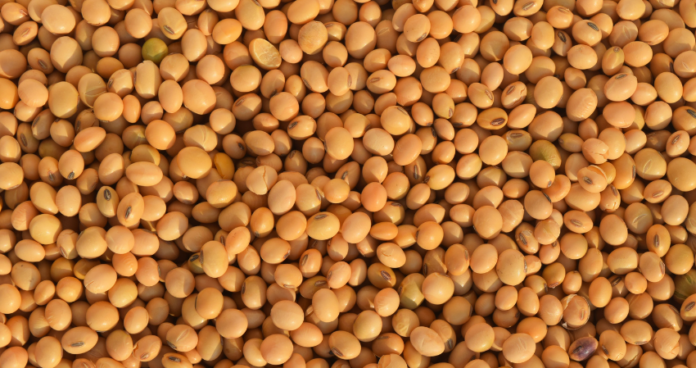The Prime Minister’s Office has constituted a high-level committee to review concerns raised by the All Pakistan Solvent Extractors’ Association (APSEA) over the import of genetically modified (GMO) soybean meal, according to an official notification issued on April 7.
The committee is chaired by the Minister for Climate Change and Environmental Coordination, and includes the Ministers for Commerce, National Food Security & Research, and Power, as well as the Special Assistant to the Prime Minister on Industries and Production. The Ministry of Climate Change will serve as the committee’s secretariat. The committee has been tasked with reviewing APSEA’s submission, examining global best practices, and submitting recommendations within three weeks. Additional members may be co-opted if necessary.
This development comes amid ongoing tensions over GMO feed imports. APSEA has expressed concerns about what it terms premature and unregulated import approvals, warning that continued importation under the current framework could lead to the shutdown of local solvent extraction facilities.
In parallel, the Prime Minister recently suspended Director General of the Pakistan Environmental Protection Agency (Pak-EPA) Ms. Farzana Altaf. Although the suspension order did not specify reasons, her removal followed internal disagreements regarding the issuance of import licenses for GMO soybean meal.
Earlier this year, the federal government amended the Biosafety Rules to allow approvals of GMO food and feed imports based on international risk assessments endorsed by local biosafety bodies, eliminating the requirement for local testing. This regulatory shift has been a point of contention between industry stakeholders and environmental experts.
The Technical Advisory Committee later recommended approval of GMO soybean meal imports. However, APSEA objected to the speed of the process and raised concerns about the absence of local risk analysis. The National Biosafety Committee meeting scheduled to finalize the decision was subsequently postponed for further review.
APSEA has urged the government to suspend all import approvals until a transparent regulatory mechanism is implemented. It cited previous incidents where GMO shipments were deemed substandard by the Department of Plant Protection and returned.
Meanwhile, representatives of the poultry and feed mill sectors argue that GMO soybean meal is more affordable and of higher nutritional quality than domestically processed alternatives. They contend that restrictions on GMO imports disproportionately benefit a few domestic players at the expense of broader industry needs.
Concerns have also emerged regarding recent shipments of GMO soybean seeds that were reportedly released without genetic verification or standard protocols. Environmental experts have raised alarms over potential exposure to invasive pests and questioned proposals to replace existing biosecurity procedures with foreign-issued certifications.
Pakistan’s annual pesticide use already exceeds Rs130 billion, and the presence of invasive pests in imported GMO shipments could further burden the agriculture sector and affect export competitiveness, according to quarantine officials.
The committee’s findings are expected to guide future GMO import policy and address the regulatory concerns raised by multiple stakeholders.




